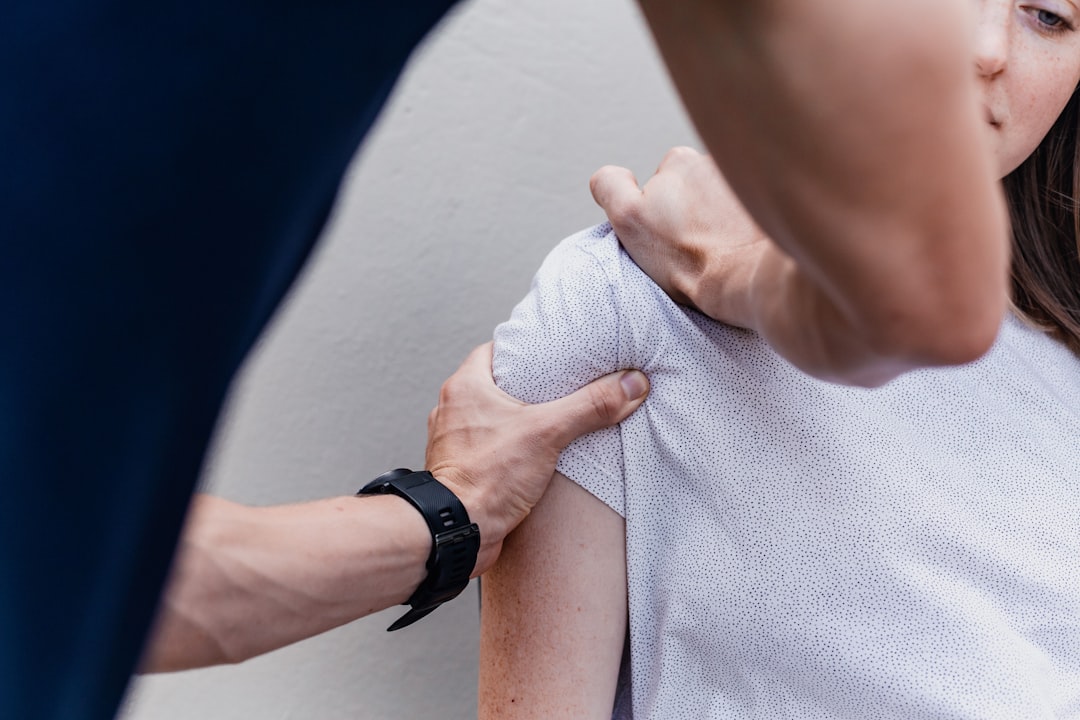Sleep is an important part of healthy living. Human beings spend more than a third of their lives sleeping, so everybody should pay attention to the duration and quality of sleep they have everyday. Sleep deprivation can have serious consequences in a person’s life. It can affect their health, concentration and productivity. Sleep apnea is a sleeping disorder that’s characterized mainly by loud snoring. Below are some of the main sleep apnea symptoms:
Loud Snoring
Snoring is not abnormal, but it could indicate something more serious like sleep apnea. If your roommate or partner frequently complains about your snoring, this may be an indicator of sleep apnea. Fortunately, snoring can be treated with the help of a medical practitioner. It is important to note, however, that not everyone who has sleep apnea snores loudly. Therefore, you’ll have to watch out for several other symptoms to be able to make a conclusive diagnosis.
Breathing Issues
If you notice unusual breathing patterns, you could be having severe sleep apnea. For instance, if your partner or roommate notices episodes where you stopped breathing, you should seek medical attention promptly as this is a sign of sleep apnea. Gasping for air when asleep is also another indicator of sleep apnea. Be sure to speak to your doctor about these symptoms for proper diagnosis and treatment. The earlier you seek medical attention the better.
Insomnia
Difficulty staying asleep when you go to bed is known as insomnia. This is a common symptom of sleep apnea. If you usually wake up several times in the night when you go to bed, you probably have sleep apnea and need to seek medical attention. Restful sleep is relaxing and rejuvenating. If your sleep is disrupted for one reason or another, you will not have restful sleep. In fact you may feel tired in the morning when you get out of bed.
Other Symptoms
Waking up with a dry mouth or with a headache may also indicate that you have sleep apnea. Irritability, difficulty paying attention during the day and excessive daytime sleepiness are examples of sleep apnea symptoms.
While it is possible to do self diagnosis, it is recommended you seek the opinion of a doctor. This is important because the combination of symptoms you exhibit may point to something more serious. Therefore, you have to consult a doctor. After positive diagnosis, the doctor will prescribe the best treatment. In many cases, treatment seeks to address the root cause of the problem.










